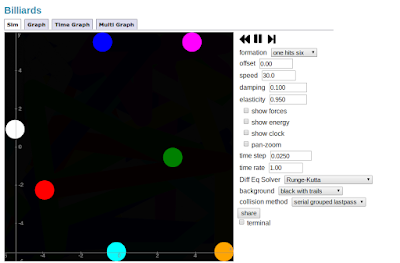Or adjunct faculty? A lot of people are caught up in titles. One title that gets thrown around the business world is "adjunct professor." A while ago, I did some work for a very talented person who has great advice about things (I want to be vague to not risk offending anyone). They were really an expert in their field. At one point, I had to help write a bio, and part of it said "adjunct professor" at a major university. I questioned someone else to see if that was truly the title, and since they didn't want to offend the expert, they didn't ask. So we went with that, since that's what they labeled themselves (excuse my misuse of pronouns, but I don't want to define the person as male or female).
Fine, if they wanted to call themselves that, it's their business, and their life to live. I'm more into accuracy than sounding impressive (though I have told people that I've written news for a top CBS Radio station, and they were impressed, which made me feel briefly important). I didn't really think about the "adjunct" label until I was looking at another successful businessperson's LinkedIn profile, where they called themselves an "adjunct professor." I did a search online including the person's name, "adjunct professor" title, and school. And guess what? I couldn't find it. I couldn't even find a syllabus or class listing, even though they're considered as prominent in the digital "space" (I use that term because it's a buzzword and I want to be pretentious). And at the school's website, they call such people overall "adjunct faculty" and label some individuals "adjunct instructor." No "professor" in that list!
I did some brief additional research on the term, which took like 5 minutes, and that's only because I texted a real academic who's a true professor at a prestigious university and is busy (I'm not naming them either because they didn't know that I was asking them for this blog post), and they didn't respond within seconds. Otherwise, without the wait time, the pure "research" time took possibly 30 seconds. I asked the person, who kindly took a few minutes out of their day at an academic conference at another prestigious university, what they thought of the "adjunct professor" label. They said (texted) that it's a real title, and to my follow-up question about people using the title who aren't academics but just teach at a university, Real Professor (RP) said they "don't attach much to the difference."
I was surprised, but then again, the RP isn't snobby and doesn't seem to feel like they're superior to anyone, whether they're educated or not. Even though they've achieved the impossible by securing a tenure-track position (purposeful fragment). It's like becoming a successful actor!
I would've done more "research" on this topic because I work in a robust department at a major research university, where professors, adjuncts, and students have impressive degrees or are participating in serious, world-changing projects. But the semester is over, so I didn't see any professors to ask. Even a super-smart, accomplished, PhD-plus 先輩 is out of town participating in some important worldwide conference or something as an internationally recognized expert, so I couldn't ask them either. Also, I didn't want to email them (I'm using the weird pronoun again) with such an insignificant question. To me, it's important, but people like that have way bigger fish to fry.
So is it wrong or inaccurate to use "professor" after adjunct? People in academia don't throw that label around (in my opinion), as evidenced by this adjunct's
sad essay about the harsh lifestyle. They call themselves (no name or gender was given, thus weird pronoun again) "instructor" and use the word "adjuncts." That's what people at schools or in academia tend to do. But businesspeople tend to want to dress it up to impress clients or whatever.
There's also an interesting discussion about such terms at
Metafilter, where I never post but often lurk to not feel alone in my queries.





